Co-Immunoprecipitation (Co-IP) is a popular way to see how proteins team up. It works by using the specific hookup between an antibody and its target protein to fish out protein complexes from stuff like cell lysates. Basically, a lot of these protein interactions stick together under gentle conditions. Once the cells are lysed, the antibody latches onto its target, often using agarose beads. If there's another protein linked to the target inside the cell, the whole combo gets dragged down together. This method helps you see how proteins work together in the body and is a great tool for checking out protein complexes and signaling pathways.
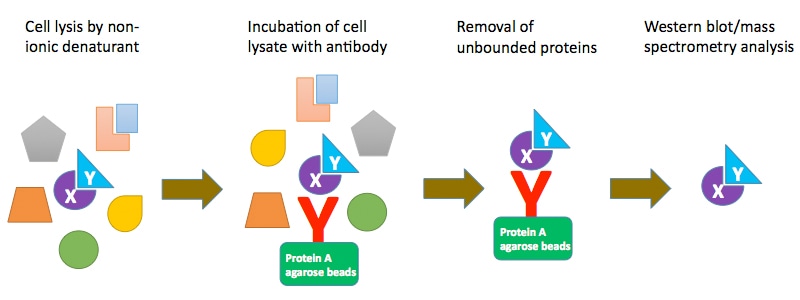 Fig1. Principle of co-Immunoprecipitation.
Fig1. Principle of co-Immunoprecipitation.
Co-IP is really handy in biological and medical research. Here's what it's commonly used for:

Expertise and Experience
We have enough experience to know our way around protein interactions. Our team has seen it all and can design Co-IP experiments that really work.
Highly Reproducible Results
Our Co-IP services are rock-solid. We deliver results that you can rely on, every time.
Short Turn-Around Time
We recognize the importance of speed, which is why we focus on delivering results promptly without compromising quality. Your results will be ready in a timely manner.
Cost-Effective Solutions
Our pricing strategy is clear and fair. Obtaining high-quality data is affordable and won't strain your budget.
Background
The objective of this project was to identify the interacting proteins of the target protein (XXX) in a specific cell line provided by the customer. The service involved using Co-Immunoprecipitation (Co-IP) with XXX antibody to enrich the protein complexes, followed by Mass Spectrometry (MS) to identify the specific protein types bound by XXX protein. The goal was to gain insights into the protein interactions and pathways involving XXX protein.
Results
The Co-IP experiment successfully enriched proteins bound to XXX antibody. Western blot analysis confirmed the presence of specific proteins, indicating successful enrichment.
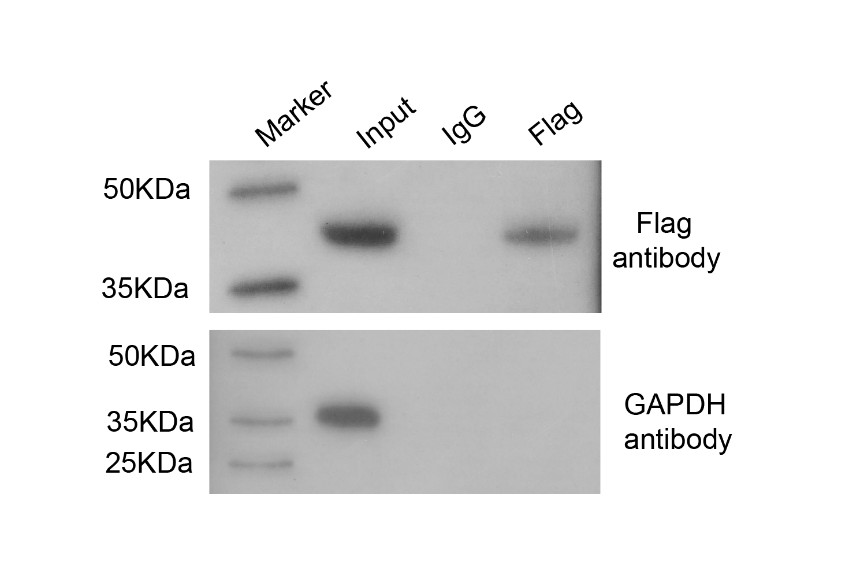 Fig2. Results of Western Blot Detection of XXX Antibody IP Enrichment.
Fig2. Results of Western Blot Detection of XXX Antibody IP Enrichment.
The enriched proteins were analyzed by MS, identifying multiple protein candidates interacting with XXX protein. The ion peaks and mass spectra of these proteins were recorded and analyzed.
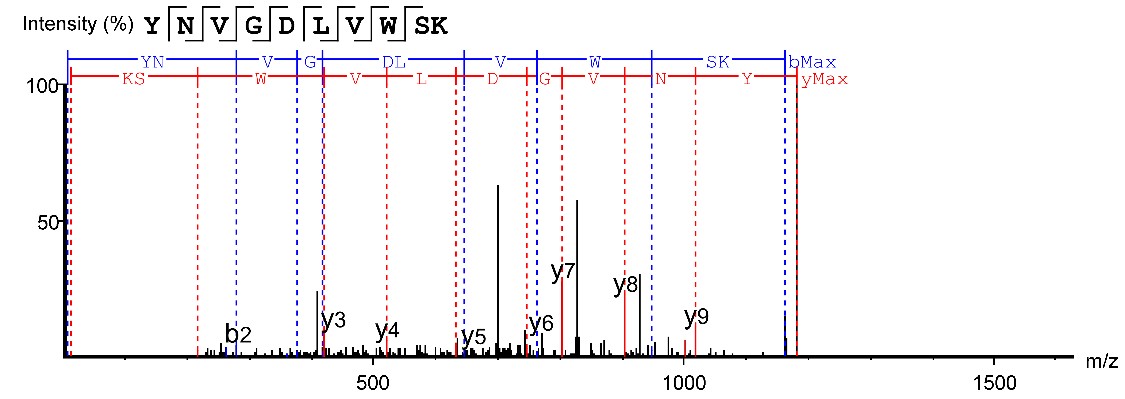 Fig3. Mass Spectrometry Identification of Immunoprecipitation-enriched XXX Protein Ion Peaks.
Fig3. Mass Spectrometry Identification of Immunoprecipitation-enriched XXX Protein Ion Peaks.
GO Analysis: Enrichment analysis showed significant biological processes, cellular components, and molecular functions associated with the identified proteins.
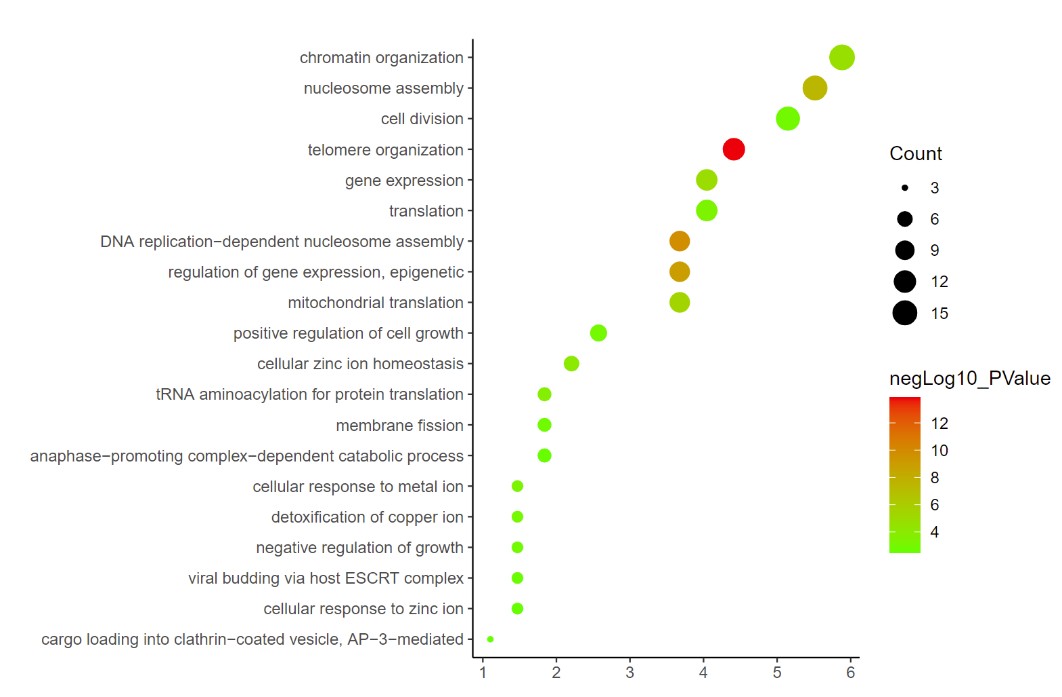 Fig4. GO_BP Enrichment Analysis was Performed on Differentially Enriched Proteins by Immunoprecipitation IP of XXX Protein.
Fig4. GO_BP Enrichment Analysis was Performed on Differentially Enriched Proteins by Immunoprecipitation IP of XXX Protein.
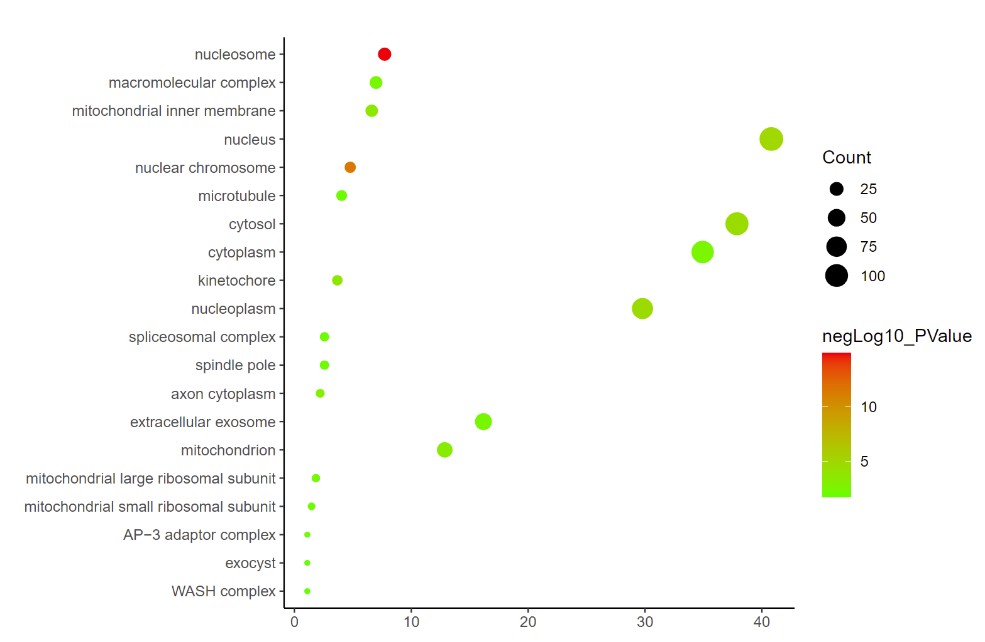 Fig5. GO_CC Enrichment Analysis was Performed on Differentially Enriched Proteins by Immunoprecipitation IP of XXX Protein.
Fig5. GO_CC Enrichment Analysis was Performed on Differentially Enriched Proteins by Immunoprecipitation IP of XXX Protein.
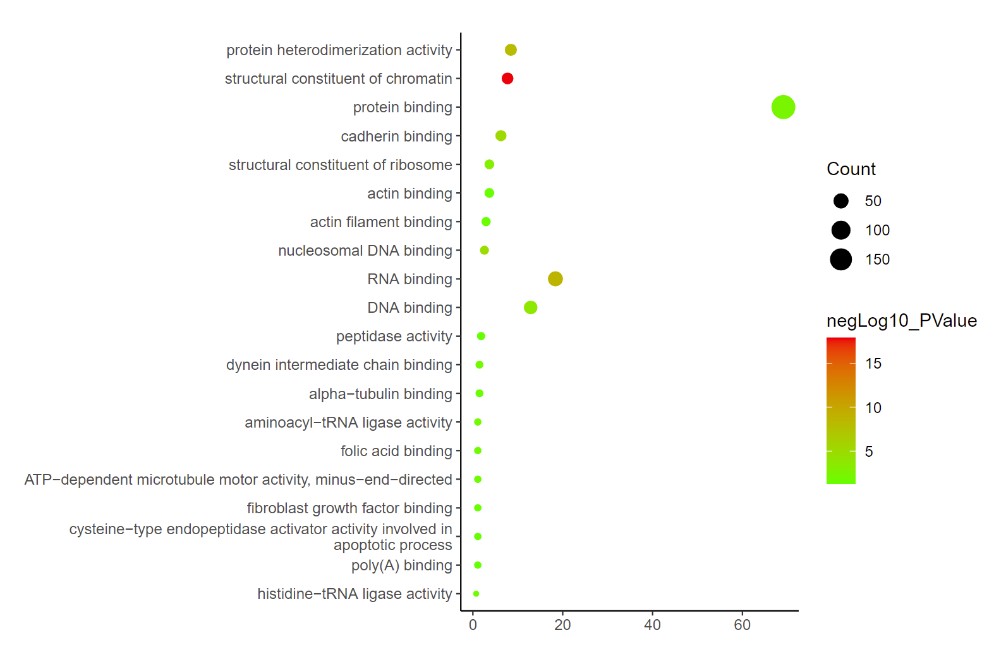 Fig6. GO_MF Enrichment Analysis was Performed on Differentially Enriched Proteins by Immunoprecipitation IP of XXX Protein.
Fig6. GO_MF Enrichment Analysis was Performed on Differentially Enriched Proteins by Immunoprecipitation IP of XXX Protein.
KEGG Pathway Analysis: Identified proteins were mapped to key metabolic and signaling pathways, providing insights into their biological roles.
 Fig7. XXX Protein Co-Immunoprecipitation Enriched Differential Proteins for KEGG Enrichment Analysis.
Fig7. XXX Protein Co-Immunoprecipitation Enriched Differential Proteins for KEGG Enrichment Analysis.
STRING Protein Interaction Network: A protein-protein interaction network was generated, highlighting potential interactions among the identified proteins.
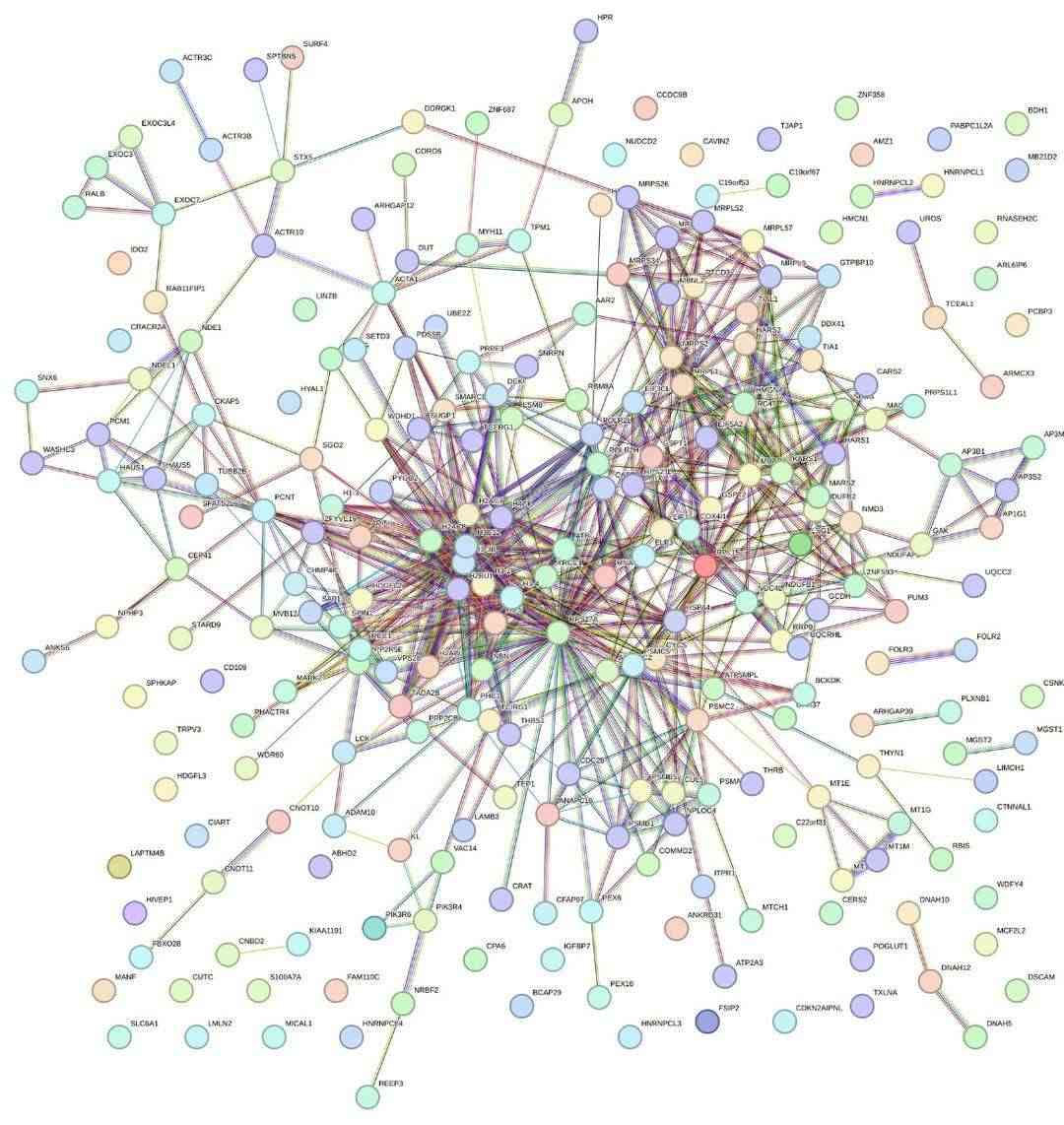 Fig8. XXX Protein Co-Immunoprecipitation Enriched Differential Proteins for KEGG Enrichment Analysis.
Fig8. XXX Protein Co-Immunoprecipitation Enriched Differential Proteins for KEGG Enrichment Analysis.
Conclusion
The project successfully identified several proteins interacting with XXX protein using Co-IP-MS. The identified proteins were further analyzed through GO, KEGG, and STRING analyses, revealing their potential roles and interactions in cellular pathways. The results provide valuable insights into the biological functions and interactions of XXX protein, achieving the project's goal.
| Surface Plasmon Resonance (SPR) Service | Bio-Layer Interferometry (BLI) | Proximity-dependent Biotin Identification (BioID) Service | Yeast Two-Hybrid Screening | Pull Down Assay |
See more details on the principle and protocol of co-IP on our website. We also provide troubleshooting guides for the problems you may account in your experiment. See more…
Fill out this form and one of our experts will respond to you within one business day.